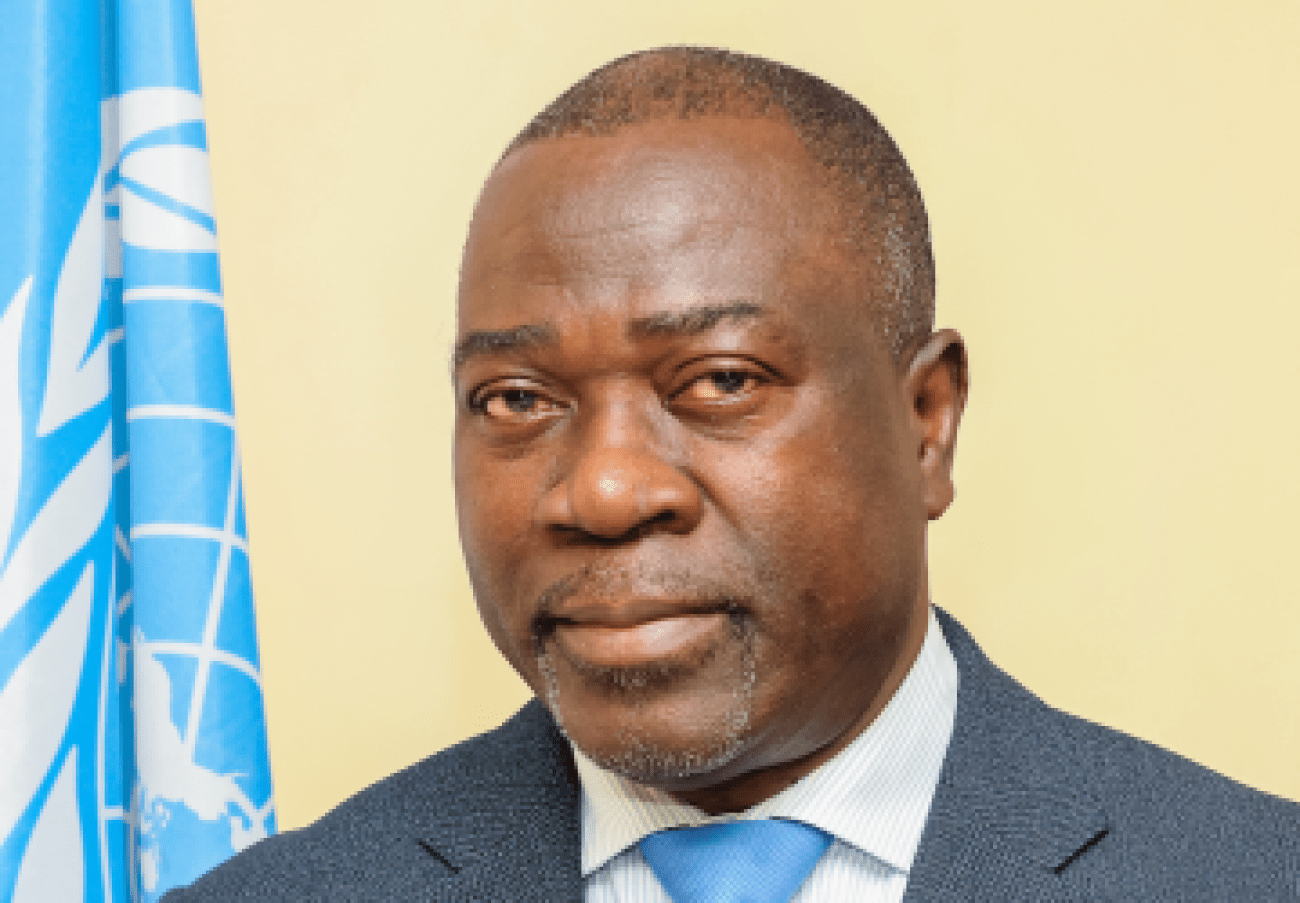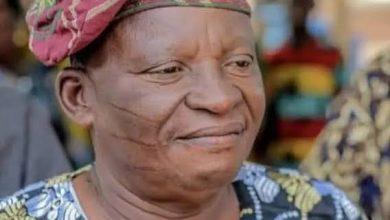
Vice President Kashim Shettima has declared that comprehensive institutional reforms could resolve as much as 80% of Nigeria’s bureaucratic and policy execution challenges, describing the current effort to overhaul the country’s governance architecture as “long overdue.”
Shettima made this assertion at the official presentation of the draft National Public Policy Development and Management Framework, held at the State House in Abuja.
The framework, presented by Hadiza Bala Usman, Special Adviser to the President on Policy and Coordination, is spearheaded by the Central Delivery Coordination Unit (CDCU) under the presidency.
“If we get our institutional frameworks right, we will solve 80% of our public policy challenges,” Shettima stated. “This approach is not only necessary but long overdue.”
The Vice President emphasized that the lack of coherence, consistency, and coordination in public policy over the years has undermined effective governance. He said the new framework represents a national reset in how public policy is designed, communicated, and executed in Nigeria.
Shettima commended President Bola Ahmed Tinubu for championing what he described as bold and pragmatic reforms, highlighting the President’s unique blend of public and private sector experience.
“For the first time, we have a leader who speaks the language of economics, who understands the market, and who has the courage to make far-reaching decisions. We must commend President Tinubu’s visionary reforms across every sector of the national economy,” he said.
Underscoring the importance of policy clarity, Shettima called for consistent and transparent communication to bridge the gap between formulation and grassroots understanding.
He also advocated for data-driven decision-making, real-time policy tracking, and accountability mechanisms that include enforceable consequences for policy failures or violations.
“Reforms must not only be bold; they must also be understood. And they must be implemented with discipline. Without real-time monitoring and accountability, even the best reforms will falter,” Shettima added.
The draft framework aims to standardize public policy development processes across ministries, departments, and agencies (MDAs), ensuring alignment with the administration’s Renewed Hope Agenda.





